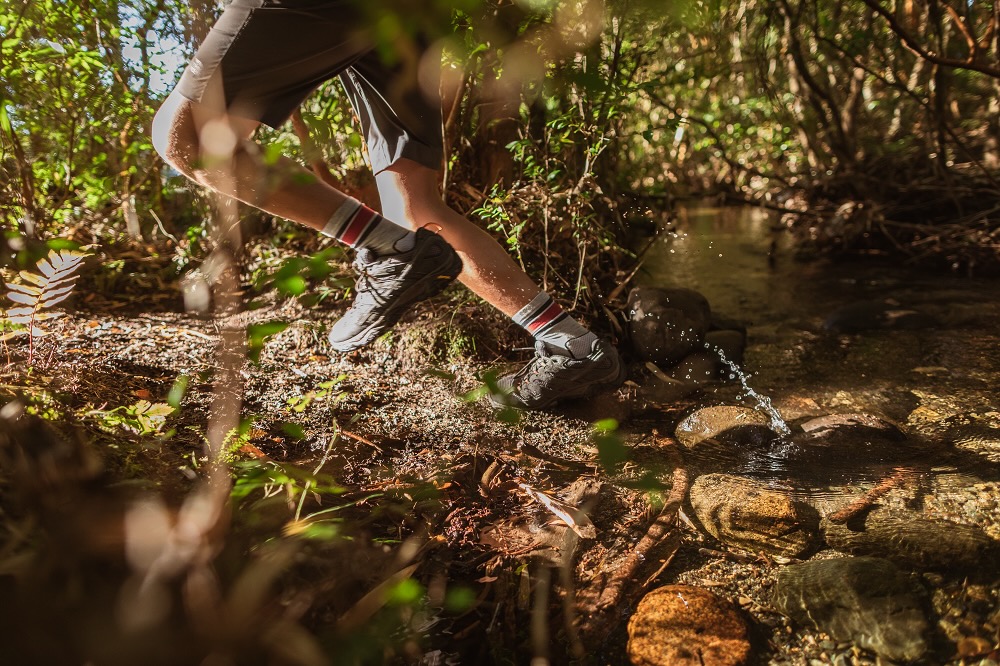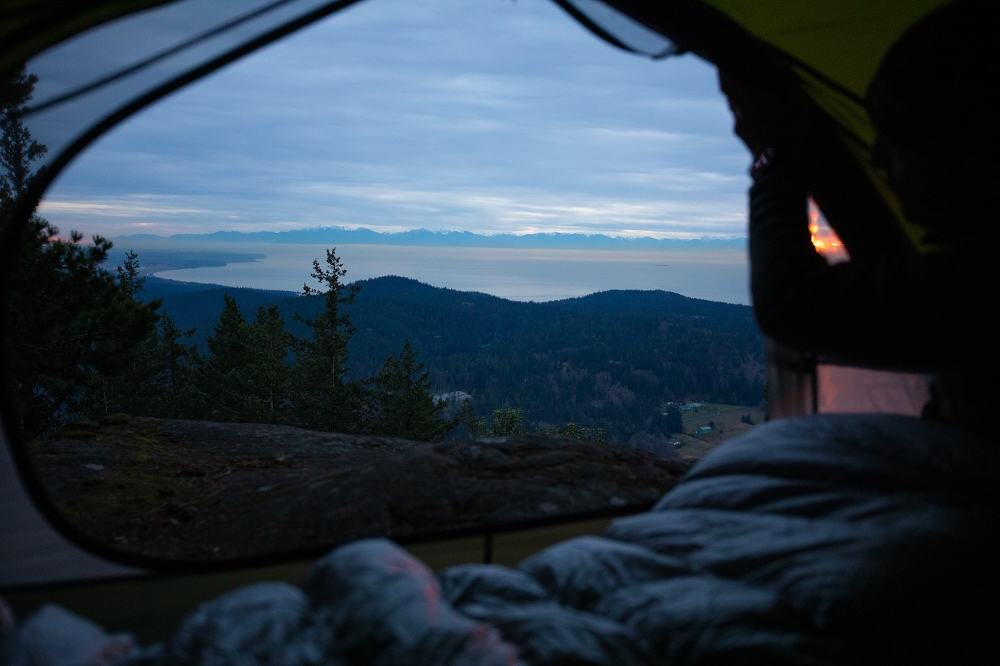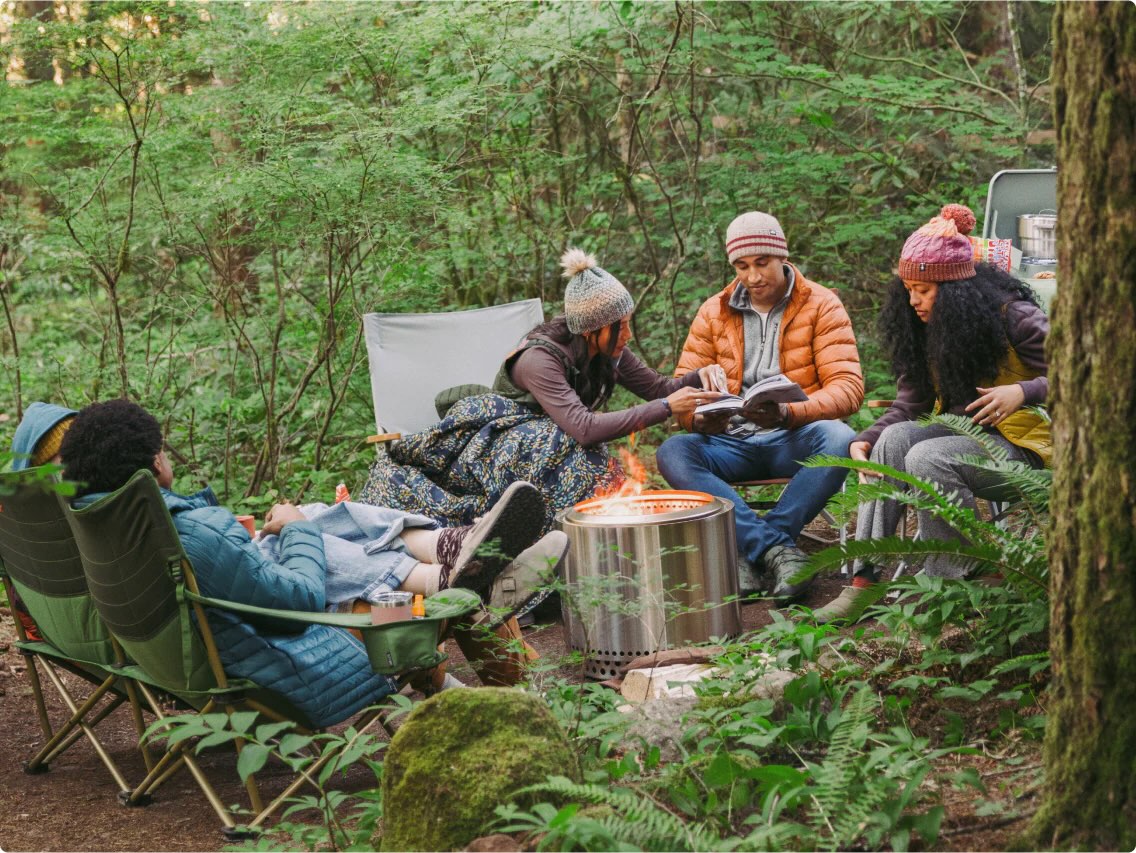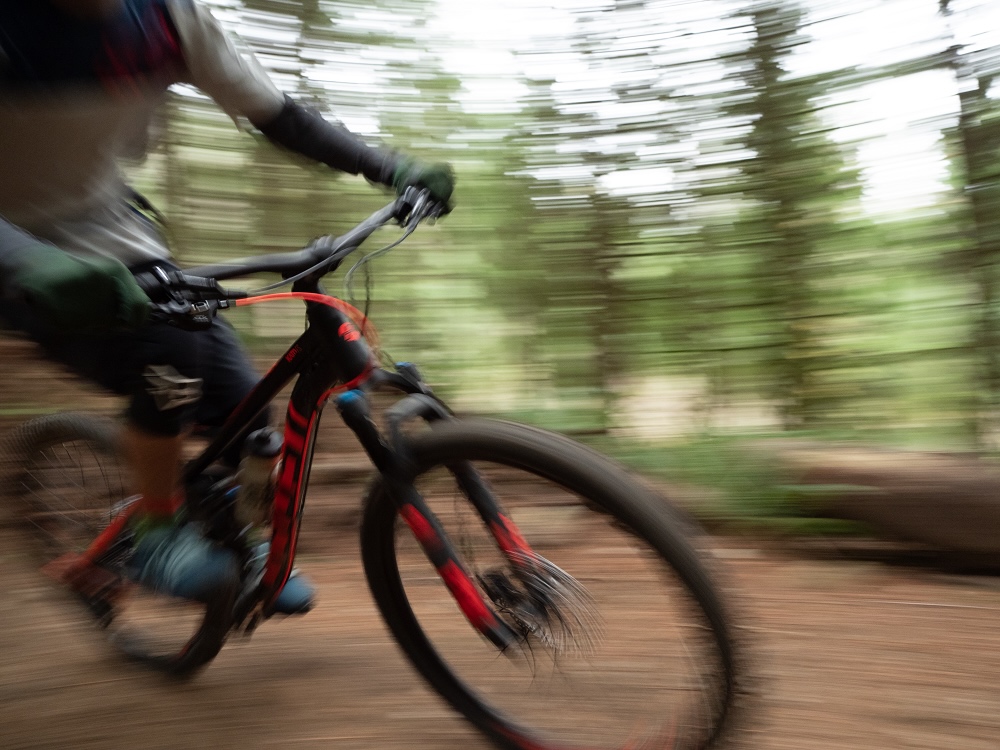A Dutch battery builder with 20 years of experience in making off-grid power packs for use in extreme conditions at sea, in the desert, and in the tropics now has a product that's well-suited for home use.
"We have many years of experience," ESS4U Managing Director Dop Brzesowsky said in an Interesting Engineering story.
The company's Qurmit energy storage unit uses gel lead-acid technology in the chemistry to help make it "100% fire safe," according to the product's specifications. Common lithium-ion packs carry rare yet serious combustion risks that are well-publicized when they happen.
Fire safety is one of many perks Qurmit makers are touting. It can operate at temperatures as low as minus 40 degrees Fahrenheit and temperatures greater than 131 degrees. For comparison, the Tesla Powerwall, a lithium-ion home-based battery, is listed by the company as ideally operating in a temperature range of minus 4 degrees to 122 degrees.
Qurmit also lasts for 20 years and is 95% recyclable, all per ESS4U.
Interesting Engineering reports that the Dutch model is heavy, weighing more than 1,212 pounds. For their part, Powerwalls weigh less than 300 pounds.
Can't afford solar panels? Here's how to get them without paying for purchase or installation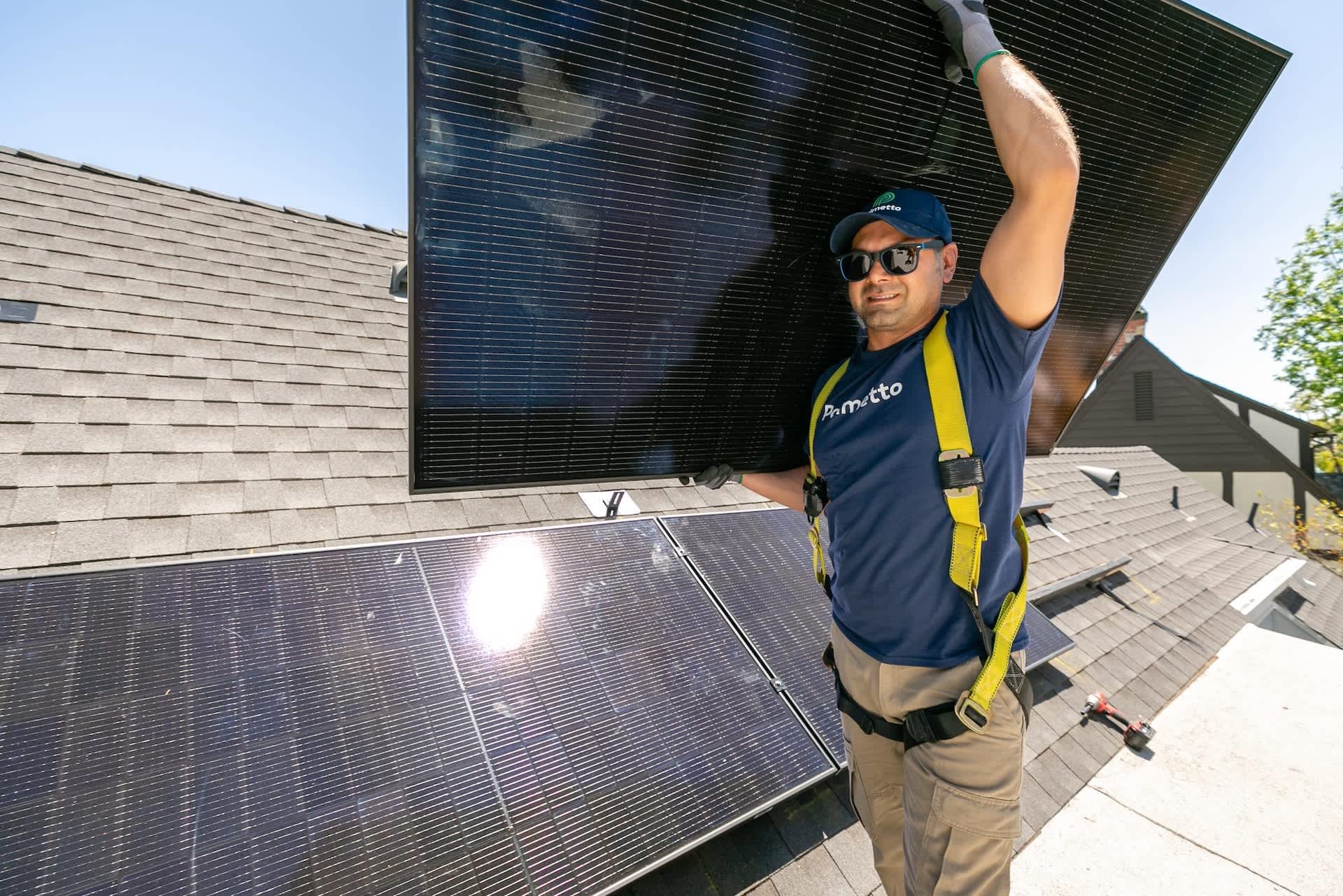 Palmetto's revolutionary LightReach program gives you all the benefits of solar power without the upfront costs. LightReach lets you lease solar panels with no money down, making it easier than ever to lock in energy savings. Palmetto assumes all risk and responsibility for the panels you lease, which means you'll get reliable performance without unforeseen costs. To get started, just answer a few basic questions about your home and learn how much you can save. Learn more → |
Watch now: Would you live in a building made of weed?
The story also notes that gel lead-acid batteries typically don't have the same storage capacity as lithium ones.
But ESS4U reports impressive service ability, regardless.
"Large consumers such as washing machines and dishwashers can be supplied with energy by the Qurmit without any effort, even on cloudy days," according to the company. It also has an app allowing users to monitor the unit's storage and distribution.
The batteries from Tesla, ESS4U, and others are creating new opportunities for homeowners who are creating their own energy with free, sustainable sunlight.
TCD Picks » REI Spotlight
💡 REI's Re/Supply program makes it easy for REI Co-op members to shop and trade in high-quality used gear and apparel for massive discounts
Not only are solar setups proven cost-savers, but as confirmed by a government study, they can earn revenue by bailing out the grid during peak demand and emergencies.
The Lawrence Berkeley National Laboratory analysis found that most solar panel users save on average $700 a year in energy costs, even when factoring in expenses to install the systems.
Virtual Power Plants allow those homeowners with battery storage to sell excess juice to the grid, earning on average $10 to $60 per event, according to a story by Electrek about Tesla's VPP system in California.
Using free, online services like EnergySage can help you navigate the path to getting the best solar system installed at your home while maximizing robust government tax incentives that can cover up to 30% of the setup costs.
Qurmit is available only in the Netherlands for now. However, Interesting Engineering reports that the tech is poised to grow in commercial markets.
If successful, the innovation can join others in the clean energy sector to help reduce the production of heat-trapping air pollution, linked by medical experts to a growing list of health concerns.
ESS4U "aims to offer a safer and more sustainable energy storage option than lithium-ion batteries," Interesting Engineering's Aman Tripathi wrote.
Join our free newsletter for weekly updates on the latest innovations improving our lives and shaping our future, and don't miss this cool list of easy ways to help yourself while helping the planet.

